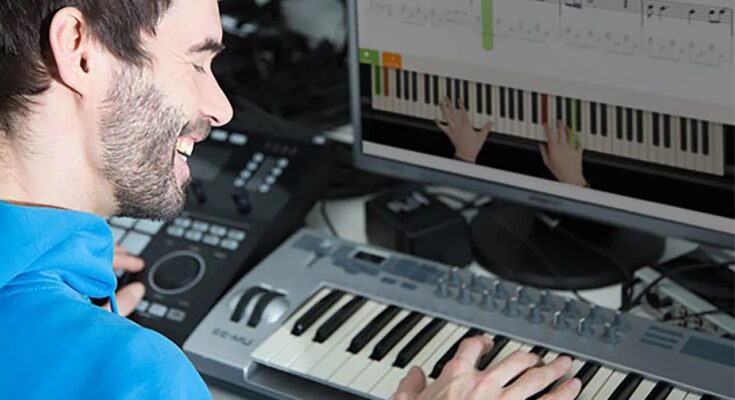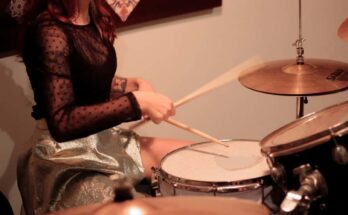In the ever-evolving landscape of education, the future of piano education is undergoing a revolutionary transformation, propelled by the integration of technology. This exploration delves into the ways in which technology, particularly online piano lessons and platforms, is shaping the future of piano education and redefining the way individuals learn and engage with music.
Accessible and Global Learning Opportunities:
Technology is paving the way for accessible and global learning opportunities in piano education. Online platforms and lessons transcend geographical constraints, allowing aspiring pianists to connect with instructors and resources from around the world. This global accessibility opens doors for diverse learning experiences and exposure to various musical influences.
Interactive Virtual Learning Platforms:
The future of piano education is defined by interactive virtual learning platforms. These platforms utilize innovative tools such as virtual keyboards, real-time feedback mechanisms, and interactive lessons. The integration of these features enhances the learning experience, making it engaging, dynamic, and tailored to the individual needs of learners.
Personalized Learning Paths and Adaptive Techniques:
Technology enables the creation of personalized learning paths and adaptive techniques in piano education. Online platforms use algorithms and data analytics to understand the strengths and areas of improvement for each learner. This data-driven approach allows for customized lesson plans, ensuring that learners progress at their own pace with targeted guidance.
Integration of Artificial Intelligence (AI):
The future of piano education embraces the integration of Artificial Intelligence (AI). AI algorithms analyze learning patterns, provide real-time feedback, and offer personalized practice recommendations. This intelligent technology augments the role of instructors, enhancing the overall effectiveness of piano lessons.
Virtual Reality (VR) Experiences in Music Learning:
Technological advancements like Virtual Reality (VR) are revolutionizing music learning experiences. The future of piano education may include immersive VR environments where learners can virtually sit at a grand piano or attend virtual concerts. This immersive approach adds a new dimension to piano education, making it more experiential and engaging.
Augmented Reality (AR) for Interactive Practice:
Augmented Reality (AR) is being harnessed to create interactive practice experiences in piano education. Learners can use AR applications to overlay virtual sheet music onto their piano, receive visual cues for finger placement, and even simulate playing alongside virtual orchestras. AR technology enhances the practice sessions, making them more interactive and visually stimulating.
Online Collaborative Learning and Ensemble Experiences:
Technology facilitates online collaborative learning and ensemble experiences in piano education. Virtual classrooms, ensemble rehearsals, and collaborative projects bring together learners from different locations. This collaborative aspect fosters a sense of community and allows pianists to experience the joy of playing music together, even in a virtual space.
Real-Time Feedback and Assessment:
The integration of technology provides real-time feedback and assessment in piano education. Online platforms offer instant feedback on technique, timing, and expression. Learners can track their progress, receive constructive feedback from instructors, and use data-driven insights to focus on specific areas of improvement.
Adaptive Online Piano Lessons for Varied Skill Levels:
The future of piano education is characterized by adaptive online Piano lessons catering to varied skill levels. Whether a beginner or an advanced player, learners can access lessons that align with their proficiency. Adaptive learning platforms adjust the difficulty level based on individual progress, ensuring a continuous and challenging learning experience.
Hybrid Learning Models for Flexibility:
Hybrid learning models, combining online piano lessons with traditional methods, offer flexibility in piano education. Learners can enjoy the benefits of technology-enhanced lessons while still having the option for in-person instruction when desired. This hybrid approach accommodates diverse preferences and maximizes the advantages of both learning formats.
In conclusion, the future of piano education is undeniably intertwined with the transformative influence of technology. From global accessibility and interactive platforms to AI-driven experiences and immersive technologies, the evolution of piano education is creating a harmonious blend of traditional musical artistry and cutting-edge technological innovation. The future promises a dynamic and engaging landscape where aspiring pianists can explore, learn, and cultivate their musical talents in unprecedented ways.




